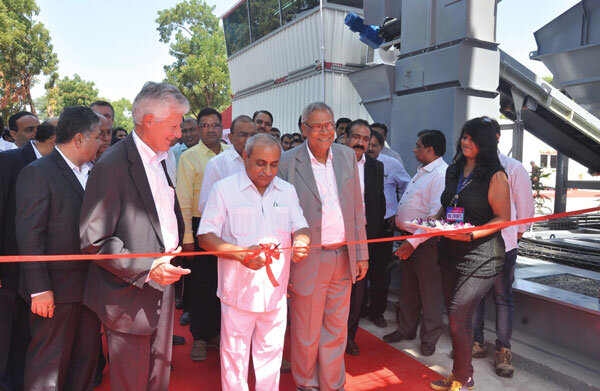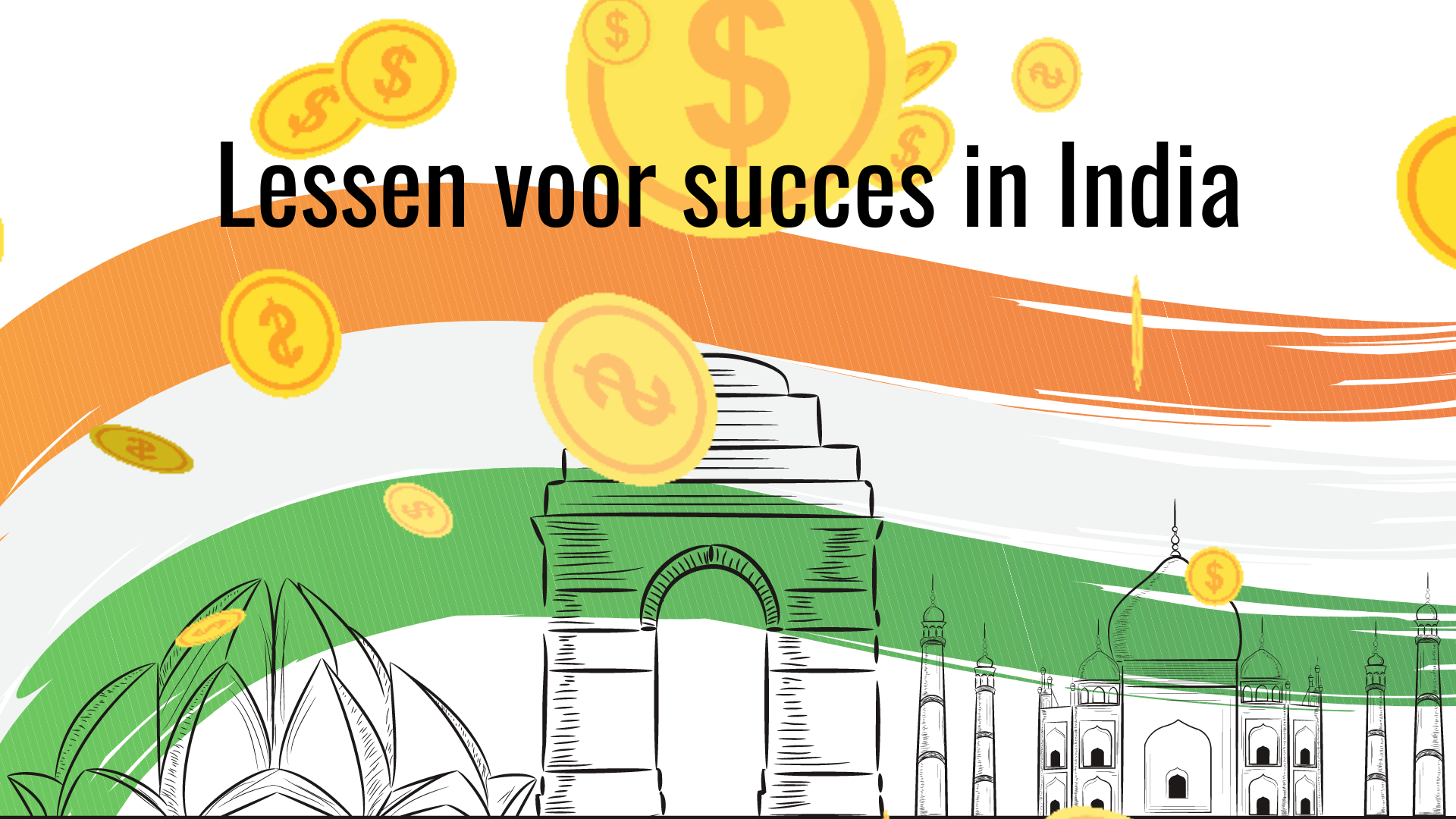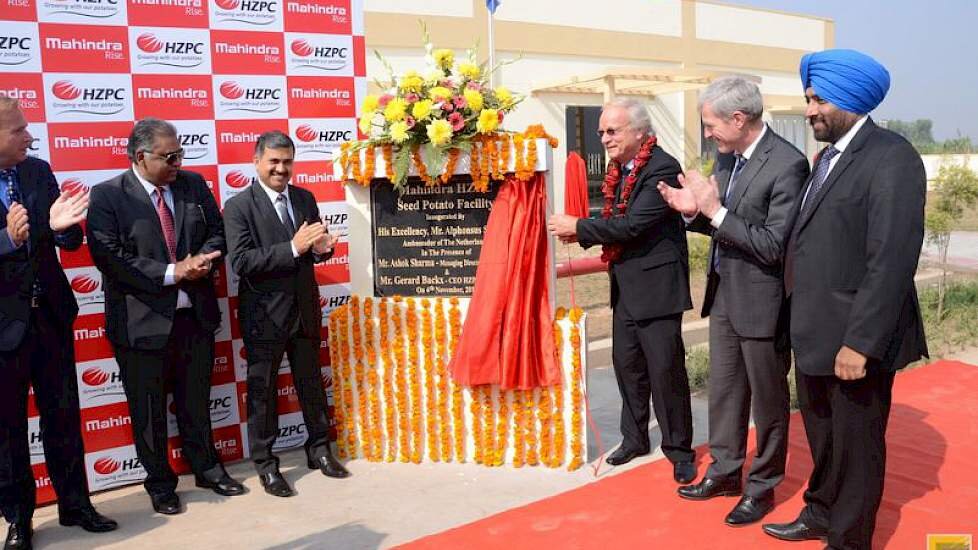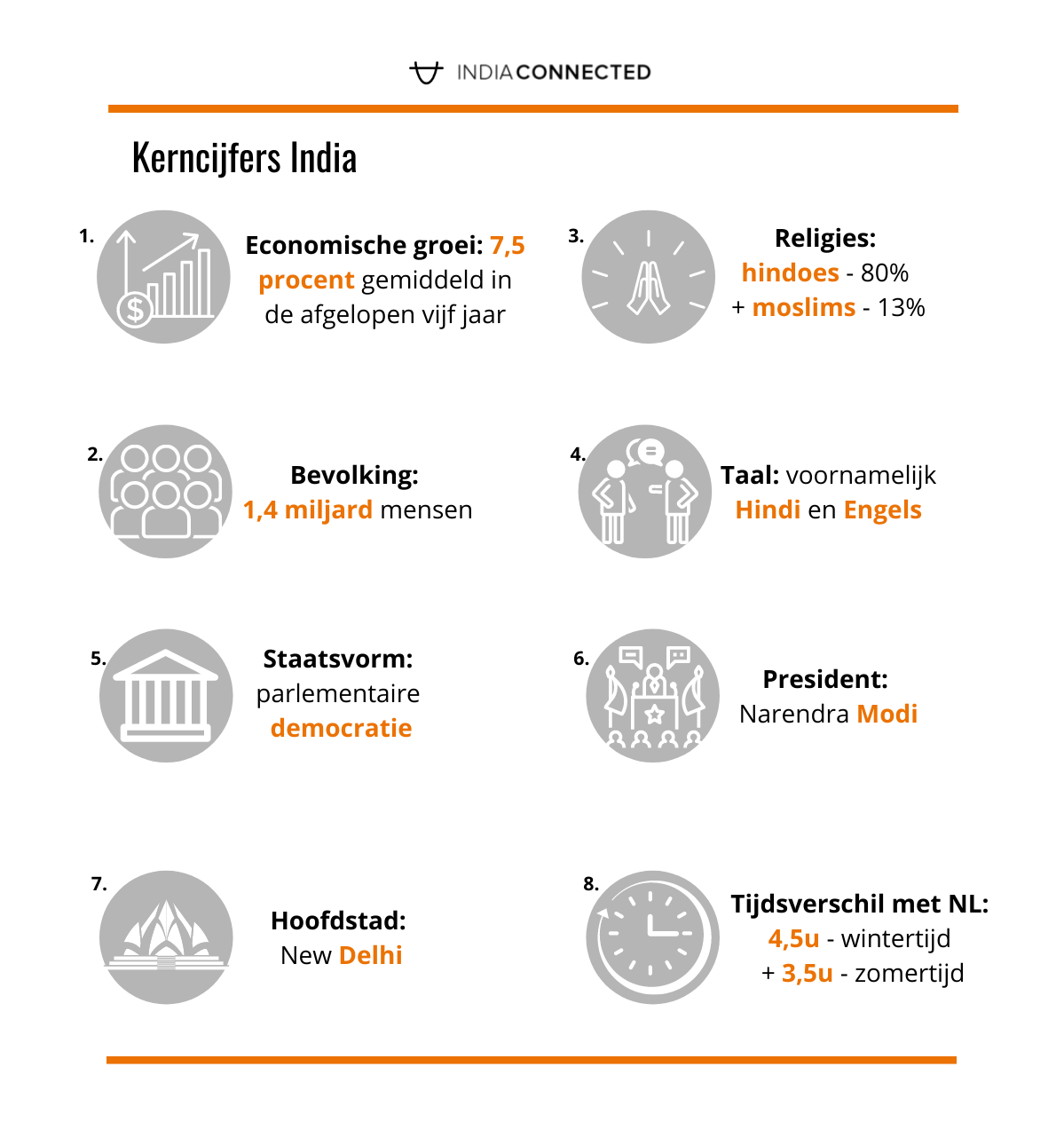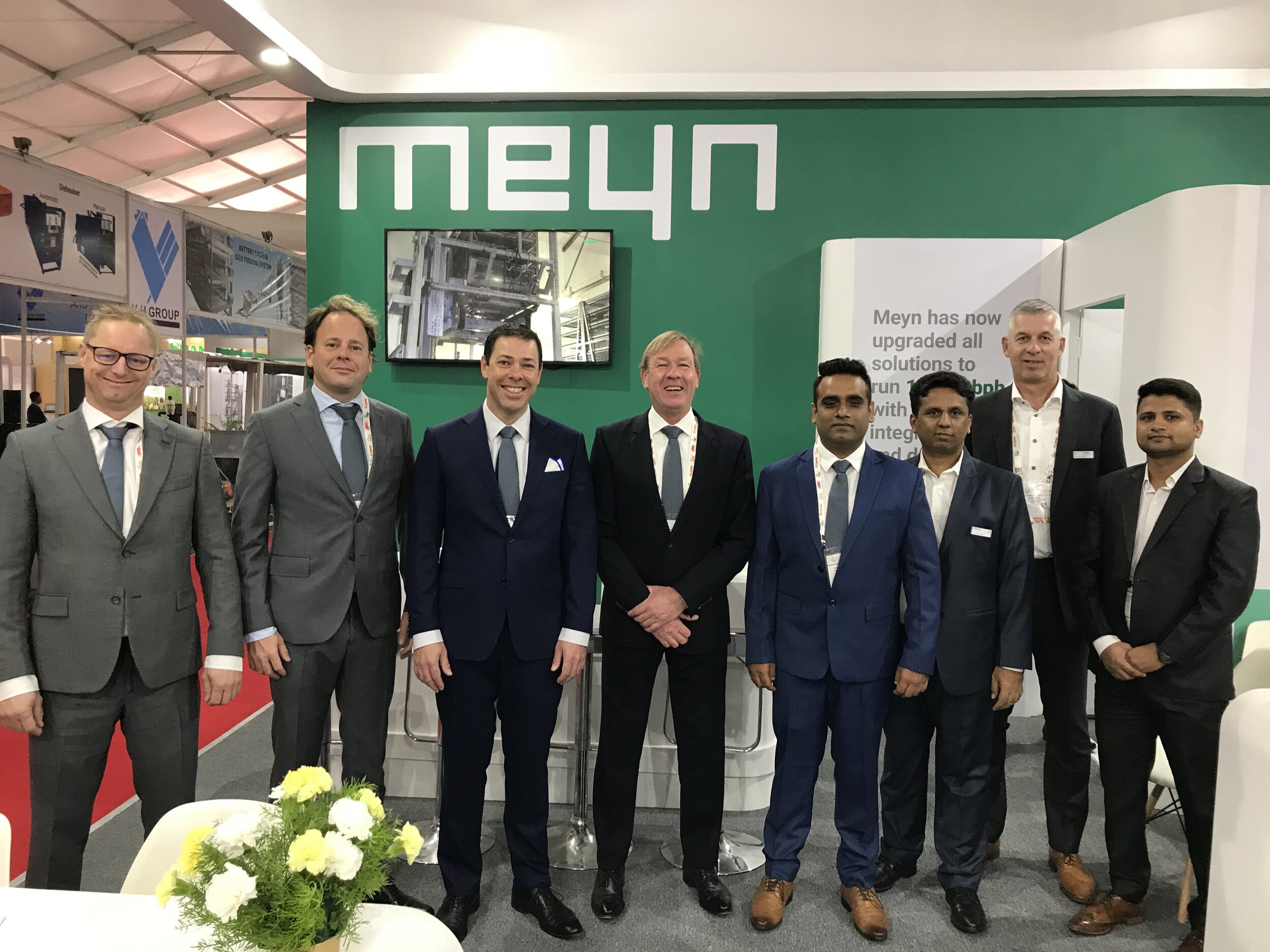Soudal is the European market leader in the area of sealants, adhesives and PU foams. For 12 years the company has had a joint venture with the Indian company McCoy, which was initially a customer of Soudal in India. "Meanwhile, we are growing by about 20% every year," says Emmanuel De Smedt, regional director of Soudal.
In 2007 De Smedt travelled to India for the first time, to participate in a small trade fair and to make his first contacts in the country. At that time Soudal was expanding in and outside of Europe. For instance, they were working hard in China. India was not really in Soudal's sights at that time, but De Smedt did manage to win a customer during this first visit. "There I met McCoy, one of the players in India in the field of sealants, adhesives and PU foam", says De Smedt. "They were interested in us and our products, and of course we were interested in them too, because in the long term we wanted to conquer the Indian market too."
Soon McCoy became a Soudal customer and the Belgians started a sales office in India. "In the meantime, we built up an increasingly good relationship with McCoy. On every trip I made to India I met with them and they also came to our headquarters in Belgium. The relationship grew very organically and Soudal is always looking for new opportunities, so we decided to sit down with McCoy and set up a partnership."
"Indians are very gifted negotiators. They don't give up until you give in a little - whether you have a friendly relationship with them or not."
In six months, they got out and the two companies set up a 50:50 joint venture. "We both had a good understanding of what our strengths were and what we could therefore contribute to the JV. McCoy had been active in our segment for 10 years and therefore not only had a good local team, but also the local know-how and an existing customer base," De Smedt says. "But they were not yet a strong brand, acting mainly as a distributor for a number of European brands. Our knowledge of sales, marketing, production and R&D complemented that perfectly. A strong story with which we could conquer the Indian market together."
Despite the good relationship between the two companies and the clear role they would play in the joint venture, negotiations were occasionally tough. "Indians, whether you have a friendly relationship with them or not, are very gifted negotiators and don't give up until you give in a little. I was able to improve my own negotiating skills considerably in India," says De Smedt. "It is important to have a good lawyer at your side. The specialist and local knowledge that a lawyer brings is essential in any contract you conclude. Don't automatically choose the biggest or most expensive firm, but really be guided by specific knowledge and experience."
Cooperating successfully
In the joint venture, the roles are also split 50-50. The managing director, for example, is from McCoy and Soudal has the local management. "But it is not the case that there are two captains at the helm. We both know very well where our strengths lie," says De Smedt. "In addition, we have regular board meetings where all partners come together to discuss the ins and outs of the company. We work towards a common goal and the different perspectives of the various partners are an advantage rather than an obstacle."
A good example of this is the lightning-fast construction of a production site near New Delhi. Thanks to McCoy's knowledge and network, a piece of land was purchased within a year of setting up the JV and the right parties were found for the construction. "As Soudal, we were able to bring in our technical know-how and thus set up a factory in which we can produce products that are a good match for the local market in terms of price and quality level and that also meet our requirements," says the Belgian director. "We have had to adapt our products to suit the Indian market and climate. In Europe, for example, people want a kit that can be used for many different jobs, but in India they want a specific product for a specific problem. With our production location, we can respond very quickly to specific wishes of this kind and also scale up quickly if the market starts to grow."
A growth market
The Indian market for McCoy Soudal products is still relatively small. "We are growing more than 20 percent a year and our ambition is high," De Smedt says. "In the urban areas we see more and more that sealants and foams are used, in the rural areas the windows, doors and sanitary facilities are still often finished with cheap white cement. We have therefore started an academy to introduce contractors to our products and to teach them how they can be used. Of course this will not double our customer base in a year, but we are taking it step by step. The Soudal motto is 'Dream, think, dare, do and persevere' and that is exactly what we are doing in India. We dream of great results and persevere to make them a reality."
Entering the Indian market with the right partner
Entering the Indian market with a local partner is advantageous for many international companies, as you do not have to reinvent the wheel and can rely on your partner's contacts and knowledge. A joint venture can therefore be a good option for you, but it is certainly not the only way to get started in India without worries.
IndiaConnected offers you the possibility to quickly, easily and cost-efficiently set up your own office, with staff, in India without having to register your own entity. We call this the business incubator, in which we take a lot of time-consuming processes out of your hands:
Export to India and sales processes through existing IndiaConnected structures in India.
Existing administration structure and control mechanisms for your Indian employees.
Use of our Office Management Services at four locations across India (optional).
Transparency and monthly reports (tailored to customer requirements).
Partner in India with over 20 years of experience.
Want to know more?


